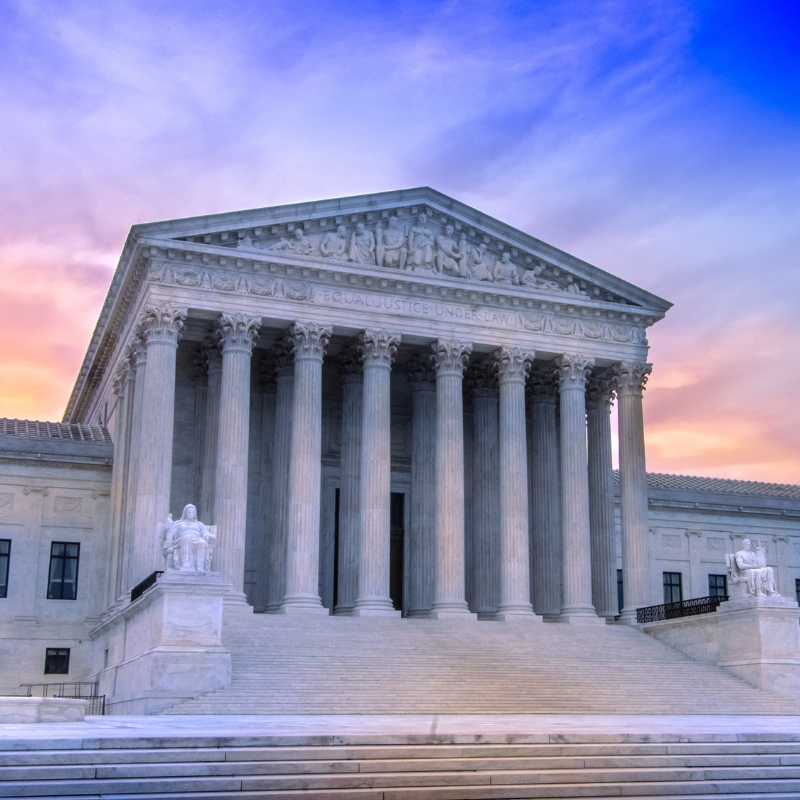A close working relationship between the forensic accountant and counsel is critical to the success of any investigation whether defense or prosecution and requires planning and participation from both sides.
In fact, it is important that accountants and lawyers think of themselves as a team throughout each phase of the investigation. With complex white-collar cases, a forensic accountant has the unique ability to bring a sense of clarity to complex fact patterns. Some aspects of the forensic accountant’s role in a white-collar case are similar whether working for the prosecution or defense. These include helping counsel understand complex accounting matters, assisting with the collection and hosting of electronic data, assisting with discovery processes and general litigation strategy. This partnership extends to the disclosure of expert opinions. If the attorney decides that the accountant will testify as an expert witness, the report can be submitted by the attorney. As such counsel and the forensic accountant need to work collaboratively to draft a document that meets disclosure requirements. In terms of a defense team, forensic accountants can prove invaluable in white-collar criminal cases by casting reasonable doubt on whether the defendant intended to commit the crime, uncovering evidence in support of innocence or a reduced sentence and many other tasks. The following paragraphs address the services forensic accountants can provide to defense attorneys and prosecutors.
How Forensic Accountants can Help Defense Attorneys:
To help prove the defendant’s lack of intent, a skilled forensic accountant can help defense attorneys prove that a defendant had no motive to embezzle funds. This can be demonstrated by showing that the defendant was financially well-off at the time of the alleged fraudulent activity; and, therefore, had no financial motivation to defraud anyone. Forensic accountants can also prove that the government’s quantification of embezzlement is over-stated. Moreover, forensic accountants can help uncover other perpetrators, thereby giving the defense attorney the opportunity to negotiate a reduced sentence in exchange for this information evidencing the defendant’s cooperation. Forensic accountants can also assist defense counsel to impugn the credibility of the government’s cooperating witness. Prosecutors are often forced to rely on witnesses whose admissions of past crimes could undermine their credibility, and a forensic investigation is one tool a defense attorney can use to capitalize on this weakness. For example, a forensic accountant could be asked to quantify and/or trace how and how much the cooperating witness embezzled in the past crime. The attorney can then utilize such an analysis to cross-examine the cooperating witness. Finally, if the defendant is convicted or pleads guilty, the data and analysis provided by the forensic accountant can support a reduced sentence.
How Forensic Accountants Assist in Prosecution:
Forensic accountants often assist prosecutors in white-collar cases. Law enforcement officials rely on forensic accountants to help investigate crimes involving complex financial transactions such as: Ponzi schemes, money laundering, FCPA violations, bribery and other corruption, and fraudulent billing schemes. Forensic accountants review and analyze financial information in a targeted fashion. Through the use of computer-based forensic programs, large volumes of data and financial records such as banking records can be analyzed quickly and efficiently. Additionally, forensic accountants can assist in interviewing fact witnesses in a financial investigation. However, counsel and forensic accountants must work together in determining which potential witnesses should be interviewed and in which order.
Once the extent of the crime has been determined, the team should develop an action plan. It is not uncommon for the investigation to evolve as it proceeds and as such, the team not only has to be focused and efficient but also flexible to changes in focus as new evidence is uncovered. If the accountant is going to testify to his/her findings and conclusions, the team must work together to ensure they are presented in a clear and concise manner so that a jury and/or judge can easily understand the financial issues.
Thus, whether assisting white-collar criminal defense attorneys in preparing a defense or assisting prosecutors to investigate or prepare a case for trial, it is only through close collaboration that forensic accountants can bring the full value of their financial and investigative skills to help the defense or prosecution.
Republished with permission from Westchester Lawyer Magazine.
Contact Us
Contact Withum’s team of professionals if you have any questions or concerns.



